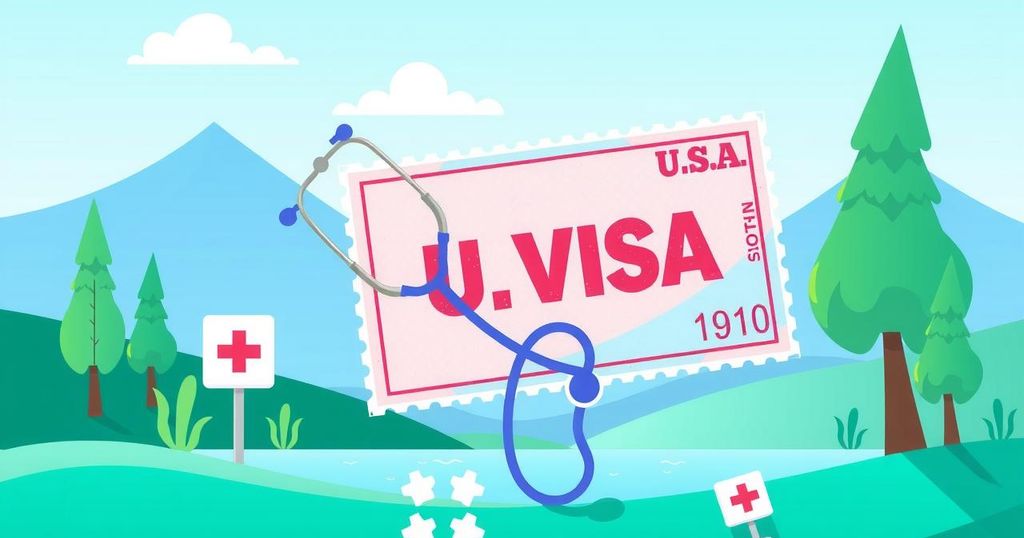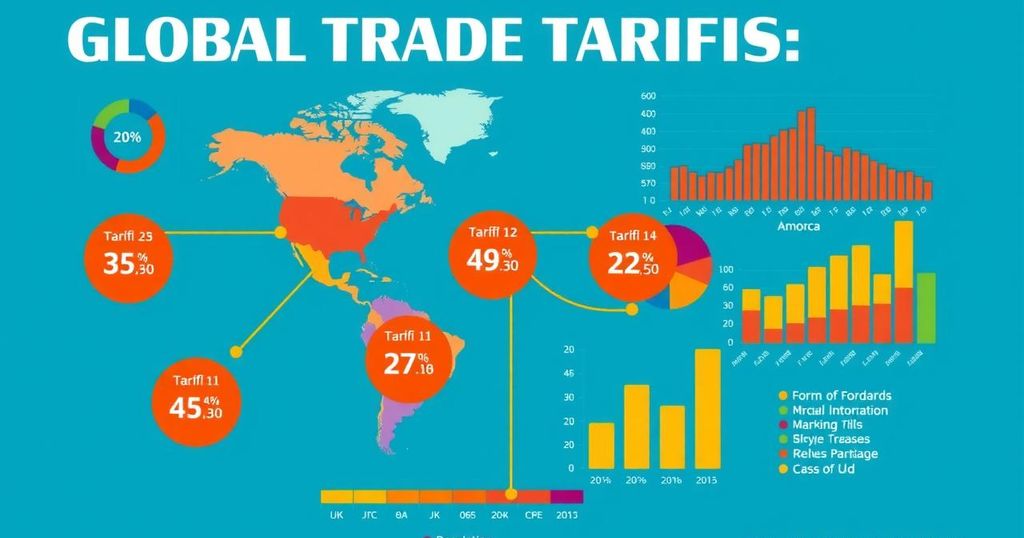The article discusses Jamaica’s diplomatic challenges between the United States and Cuba concerning visa restrictions impacting Cuban medical missions. It highlights the significance of these missions to Jamaica’s healthcare system and the stance of regional leaders willing to sacrifice their US visas to protect these services. Historical context from the 1970s shows Jamaica’s long-standing ideological struggles, emphasizing the need for a tactful diplomatic approach today.
The historical context of Jamaica’s political landscape, particularly during the 1970s, illustrates a strong ideological divide with Prime Minister Michael Manley advocating for independence and standing firm against foreign influence. The current administration now faces a challenging decision regarding the implications of the US threat to retract visas for officials from nations participating in Cuban medical missions.
Jamaica’s close ties with both Cuba and the United States create a complex dilemma for the government. The Cuban medical missions have significantly contributed to Jamaica’s healthcare system, especially during economically challenging periods, while the US remains a crucial trading partner and home for many Jamaican expatriates.
Prime Minister Dr. Andrew Holness must balance diplomatic sensitivity with national interests, as the current political climate necessitates a more measured approach compared to past leadership. The loss of Cuban medical professionals, who provide vital healthcare services, could exacerbate existing challenges, especially in a context of talent drain towards wealthier nations.
Cuban support to Jamaica has been profound, extending beyond medical personnel through various aid programs, educational institutions, and scholarships, which enhances the value of continued collaboration. As articulated by regional leaders, there is a recognition of the services provided by Cuban professionals that are essential for healthcare delivery in regions like St. Vincent and the Grenadines where local capacity may not suffice.
The response from Caribbean leaders has been resolute, with some openly expressing willingness to sacrifice their US visas to safeguard the welfare of their citizens. The Jamaican Foreign Minister underscored the critical role of the 400 Cuban medical personnel in Jamaica’s healthcare framework, emphasizing the potential consequences of their absence. Likewise, leaders from Barbados and Trinidad and Tobago voiced similar sentiments underscoring the invaluable contributions of Cuban doctors.
This situation exemplifies the precarious balance that Caribbean nations must navigate, weighing their diplomatic relations while ensuring the health and wellbeing of their populations in a complex geopolitical landscape.
In summary, Jamaica and its Caribbean neighbors are facing a significant diplomatic dilemma regarding their relationships with both Cuba and the United States, particularly amidst recent threats to withdraw visas for officials associated with Cuban medical missions. The substantial contributions of Cuban medical personnel to Jamaica’s healthcare system highlight the critical support these missions provide. Regional leaders have voiced their willingness to prioritize citizen welfare over political affiliations, further illustrating the complexities of this geopolitical relationship.
Original Source: www.jamaicaobserver.com




